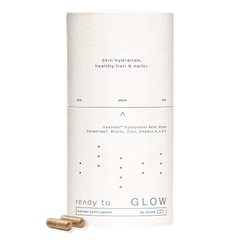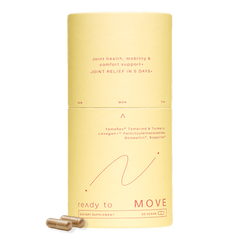The Stress Regulating Benefits of Meditation

In the pursuit of stress relief, mindfulness meditation has emerged as a scientifically-backed practice with profound effects on mental well-being. Rooted in ancient contemplative traditions, meditation has gained recognition in the scientific community for its impact on stress reduction and overall mental health. This article explores the scientific evidence supporting the efficacy of mindfulness meditation in alleviating stress.
Mindfulness meditation, often derived from Buddhist traditions, involves cultivating a heightened awareness of the present moment. It encourages individuals to observe their thoughts and feelings without judgment, fostering a state of non-reactive awareness. While the roots of meditation are deeply spiritual, its applications in modern psychology and neuroscience have provided a compelling scientific basis for its stress-relieving benefits.
Scientific Evidence:
Numerous studies using neuroimaging techniques, such as functional magnetic resonance imaging (fMRI), have shown that regular meditation induces structural changes in the brain. The areas associated with stress response, such as the amygdala, undergo alterations, leading to reduced reactivity to stressors. Cortisol, a hormone associated with stress, exhibits decreased levels in individuals practicing mindfulness meditation. This suggests that meditation has a regulatory effect on the body's stress response system. Chronic stress is linked to inflammation in the body. Scientific studies have found that mindfulness meditation contributes to a reduction in inflammatory markers, promoting overall physical health. Mindfulness meditation enhances emotional regulation by promoting a non-reactive awareness of emotions. This is particularly beneficial in reducing symptoms of anxiety and depression, often associated with chronic stress.
Here are some tips to integrate meditation into everyday life:
Start Small: For beginners, starting with short meditation sessions and gradually increasing duration can be more sustainable and enjoyable.
Guided Meditation: Utilize guided meditation resources, available in various forms, including apps, podcasts, or classes. These can provide structure and support.
Consistency Matters: Consistent practice yields more substantial benefits. Integrating mindfulness meditation into daily routines enhances its effectiveness.
Scientific research overwhelmingly supports the positive impact of mindfulness meditation on stress reduction. By understanding the neurobiological changes, hormonal regulation, and emotional benefits associated with this practice, individuals can approach meditation as a scientifically grounded tool for cultivating mental well-being. As stress continues to be a prevalent aspect of modern life, mindfulness meditation offers a holistic and evidence-based approach to finding tranquility amidst chaos.
Kate Ong
Kate is a student at the University of Pennsylvania studying Economics and English. She is originally from the Philippines and joined the Ready To team in 2023. She is passionate about transparency and ingredient traceability.
DATE
May 10, 2024No products found in this collection.







